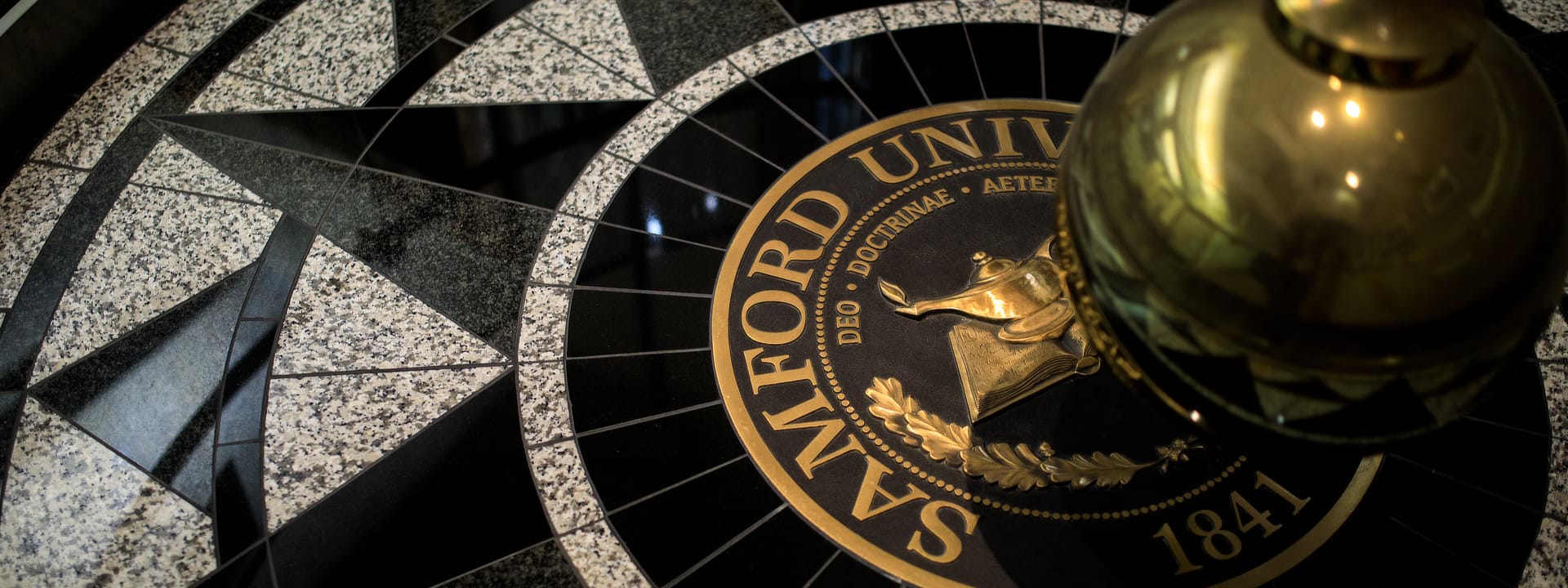Menu
- Home
- About
- Academics
- Admission
- Athletics
- Event Calendar
- Giving
- News & Media
- Samford Communities
- Student Life
- Search

Page Processing Error
We're sorry, but our system was unable to process the page you requested.
Administration
Connect with Us
Employees
Quick Links
Cookie Preferences | Privacy Policy | Software Plugins
Microsoft Excel®
You will need Microsoft Excel® or compatible software like Open Office to read XLS, XLT, XLSX or XLTX files.
Microsoft Power Point®
You will need Microsoft Power Point® or compatible software like Open Office to read POT, POTX, PPS, PPSX, PPT or PPTX files.
Microsoft Word®
You will need Microsoft Word® or compatible software like Open Office to read DOC, DOT, DOCX or DOTX files.
Adobe Portable Document Format
You will need Adobe Acrobat Reader® or compatible software like SumatraPDF to read PDF files.
